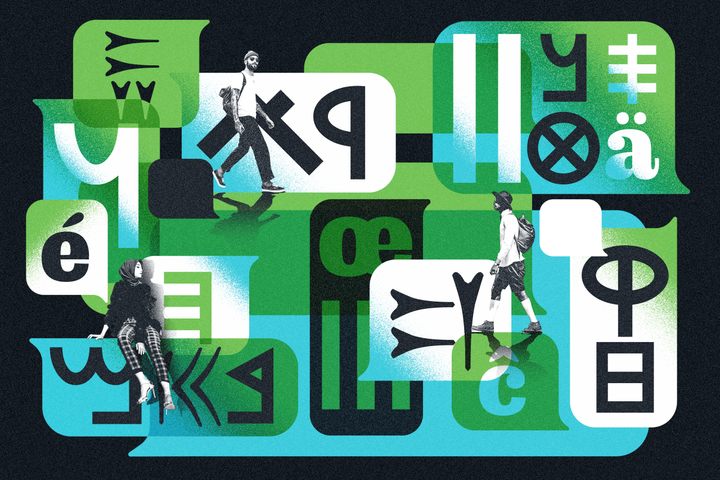
Puzzle Monday: Living With the Dead in Madagascar
Editor’s Note, November 2024: Thanks for checking out our puzzle archive! While the online version of this puzzle is no longer interactive, we suggest downloading the PDF, available below. You can find other archived puzzle PDFs available for download here.
Among our crosswords and other puzzles, we’ll be featuring linguistic challenges from around the world from puzzle aficionado and writer Alex Bellos. A PDF of the puzzle, as well as the solution, can be downloaded below.
All cultures have rituals and celebrations to honor the dead—Halloween among them, even if its modern form is mostly about costumes and candy. In Madagascar, the famadihana is a ceremony during which families speak with deceased ancestors. But it involves a very different type of dressing: exhuming and rewrapping ancestors’ remains.
When a Malagasy person dies, it is traditional for their body to be wrapped in a sheet and placed in a family crypt, usually a large stone structure in the village where the family is from. These crypts will contain dozens of ancestors going back many generations. Once every six or seven years, the family will open the crypt for a famadihana, a day-long ceremony in which some of the ancestors are taken out, rewrapped in new sheets and returned.
“When you get out the ancestors, and you see their remains, you cry. But it is also a moment of happiness. You are happy to see your relatives and you ask for their blessing,” says Nancy Rahaingoarivony, a Malagasy who now lives in Switzerland.

“Physically an ancestor may be dead, but they are still there,” she adds. You talk to them, and introduce to them new members of the family. “The dead are the link between God and the living, and it is very important to respect this culture. The famadihana is when we ask our ancestors for their blessings. For the Malagasy, a successful life is one that has had the blessing of the ancestors and the grace of God.”

Being such an infrequent and important celebration, a famadihana is a grand affair, and expensive. The family invites the whole village, as well as relatives and friends. Food is provided for everyone, the customary dish being zebu meat with rice. As part of the ritual, a family member makes a speech in Kabary, a poetic form of public speaking that has was added just last year to UNESCO’s Representative List of Intangible Cultural Heritage of Humanity.
The ceremony starts when a group of men lift open the heavy stone doors of the crypt. The ancestors that are to be rewrapped are brought outside and placed on the ground. New sheets are laid out and the remains moved onto them. The ancestors chosen for rewrapping will have been dead for many years, so their remains consist of bones, teeth, and hair. Usually each ancestor is wrapped individually, but if the famadihana involves a married couple, they may be reunited by having their remains wrapped together.

When the rewrapping is complete, the ancestors are lifted up and walked through the crowds. “Once the ancestors are in new sheets, and before they are returned to the crypt, the descendants dance and celebrate with them. It is a moment of joy,” says Rahaingoarivony.
In the crypt, the ancestors are placed in ancestral order, with the eldest placed highest, and the most recently deceased at the bottom. Crypts can get very full, and one reason for a family to organize a famadihana might be to move an ancestor to another crypt because there is no longer enough space, or because some descendants have built a new crypt.
Often, a family will stage a famadihana after a family member has a dream in which an ancestor says they are cold in the crypt and need a new shroud, says Rahaingoarivony. “The family put on the famadihana for the ancestor who they dreamed was cold, and take advantage of the moment to rewrap some other ancestors in new sheets, too.” Only a few are taken out each ceremony. Usually, a famadihana takes place in the Madagascar winter, in July and August.

Rahaingoarivony adds that the famadihana is an important expression of fihavanana, an important concept in Malagasy culture that roughly translates as solidarity with relatives and community. “It’s to say we share the difficult moments and also the moments of happiness. The famadihana is a bond between us all.”
Nancy Rahaingoarivony offers Malagasy tutoring online. Her website can be found here.

Stumped? Download the solution, with all the logical steps to get there!






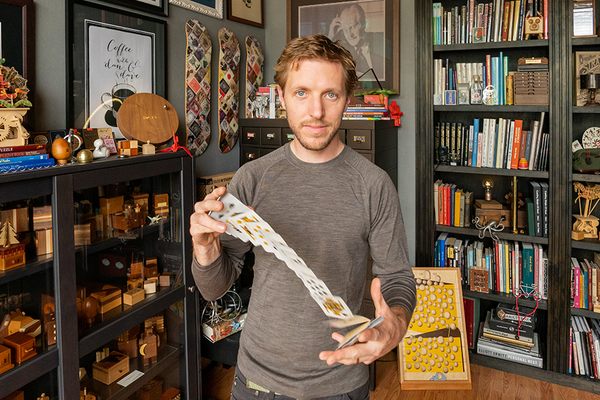
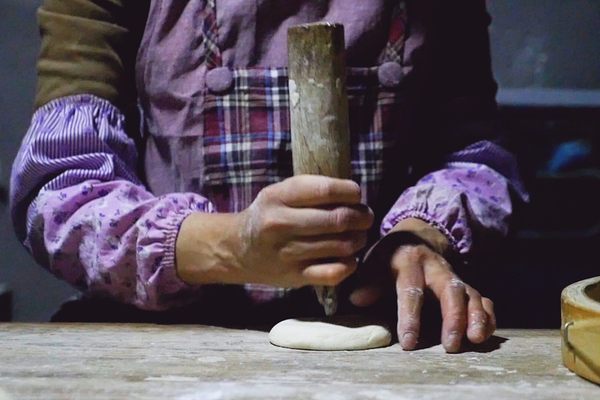
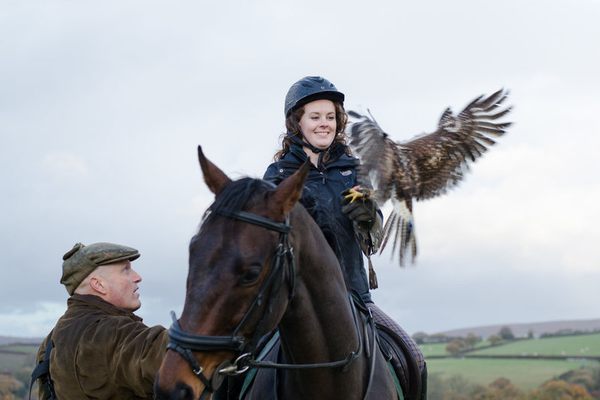
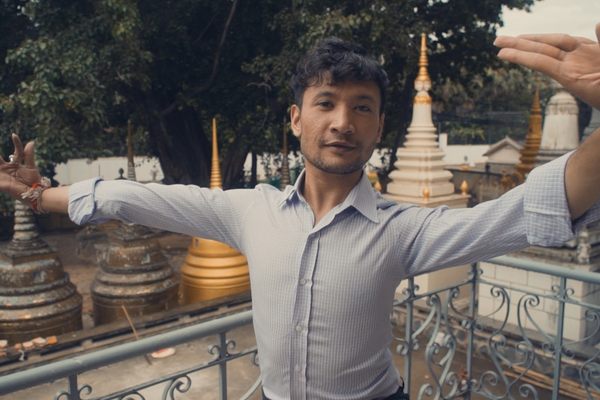






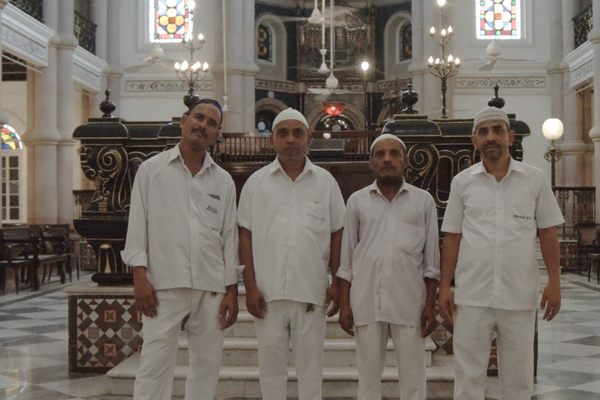




Follow us on Twitter to get the latest on the world's hidden wonders.
Like us on Facebook to get the latest on the world's hidden wonders.
Follow us on Twitter Like us on Facebook